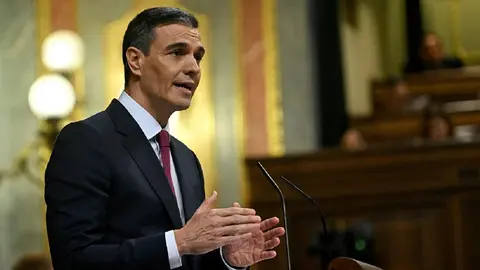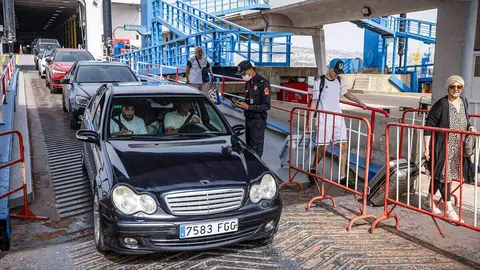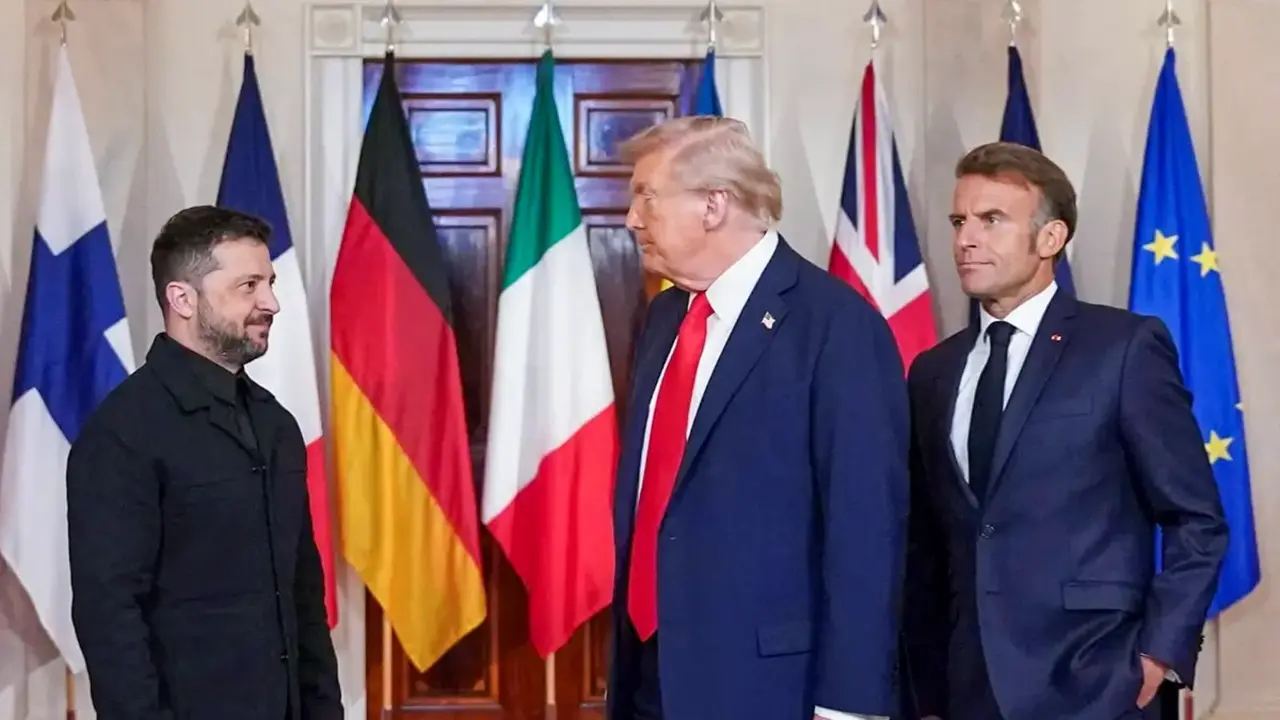Morocco confirms the early reopening of customs crossings with Ceuta and Melilla
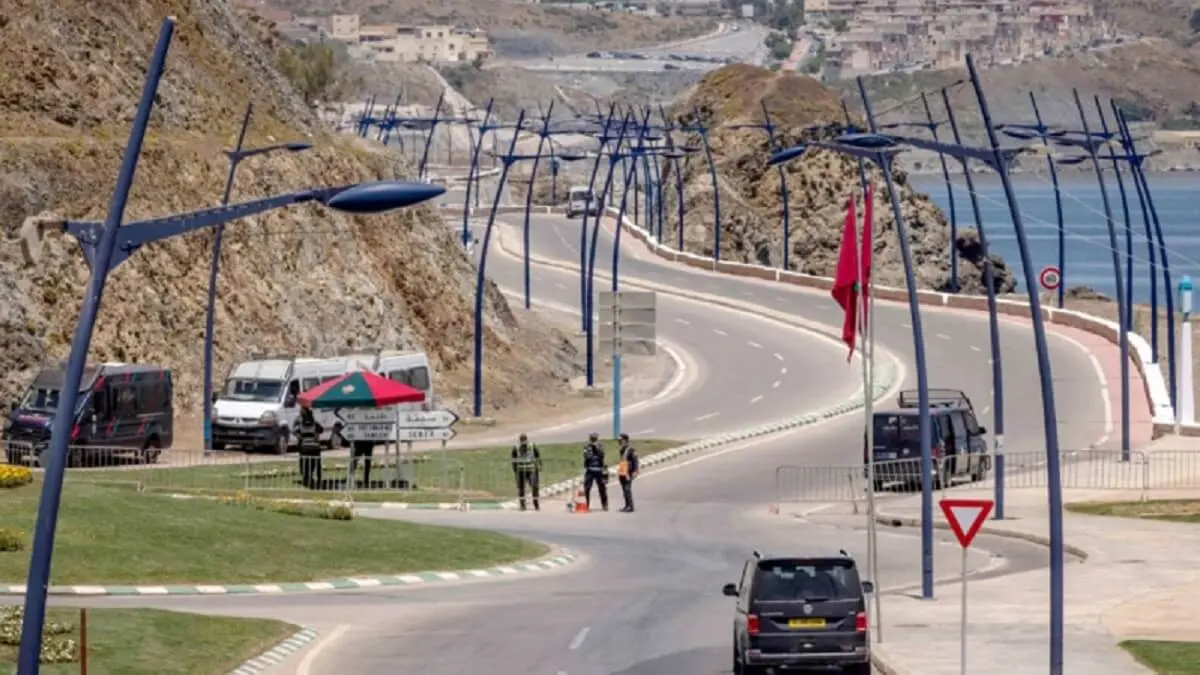
Morocco and Spain drew up a clear road map in various sectors following the latest strengthening of diplomatic ties after Spain supported the Moroccan autonomy proposal for Western Sahara as the most serious, credible and realistic option for resolving the Sahrawi dispute.
This roadmap set out by King Mohammed VI and the Spanish President of the Government, Pedro Sánchez, at the important meeting in Rabat marks the political line to be followed. This meeting was followed by the High Level Meeting in Rabat in February 2023, in which important agreements were sealed in various fields such as economics, politics, social affairs, culture and education, demonstrating the good harmony between the two countries, both allies and neighbours in the Mediterranean.
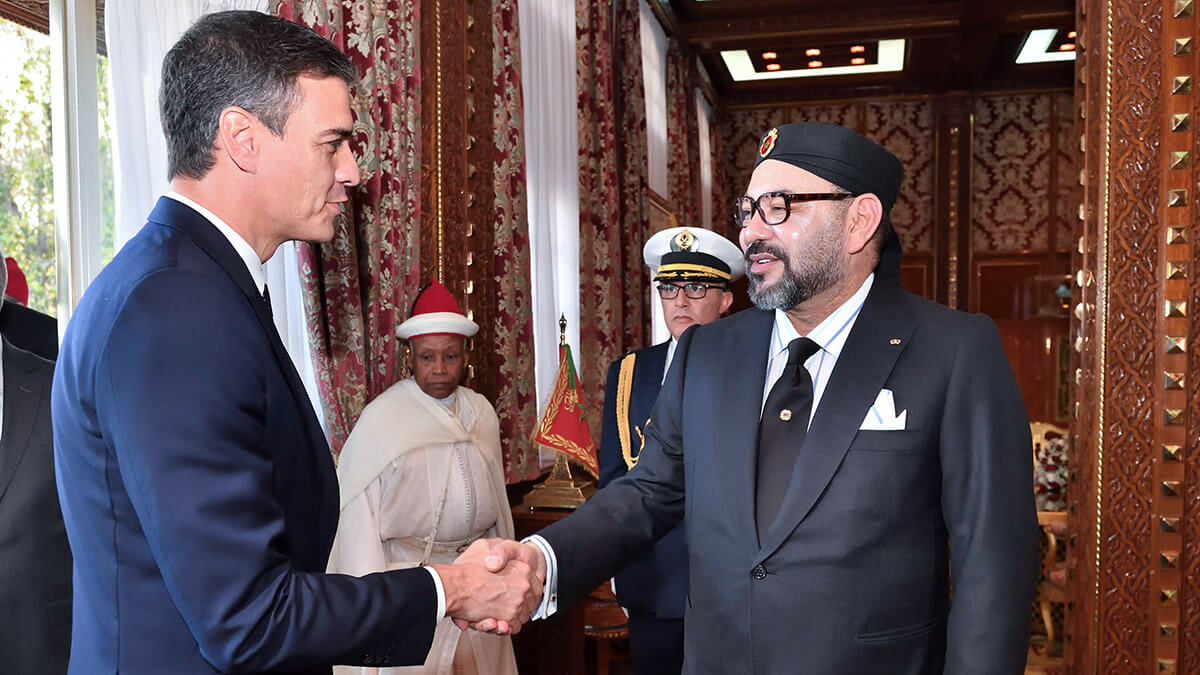
Following in this wake, Morocco has reaffirmed the imminent reopening of customs with Ceuta and Melilla, as recently confirmed by the Moroccan ambassador in Madrid, Karima Benyaich.
Various technical problems persisted that caused a delay in the reopening of the commercial crossings, but the Moroccan kingdom is confident that these customs offices will soon be reopened.
Thus, Karima Benyaich, Morocco's ambassador in the Spanish capital, confirmed that the opening of customs at the land border will take place after overcoming what she described as technical problems that delayed the opening of customs in both Ceuta and Melilla.
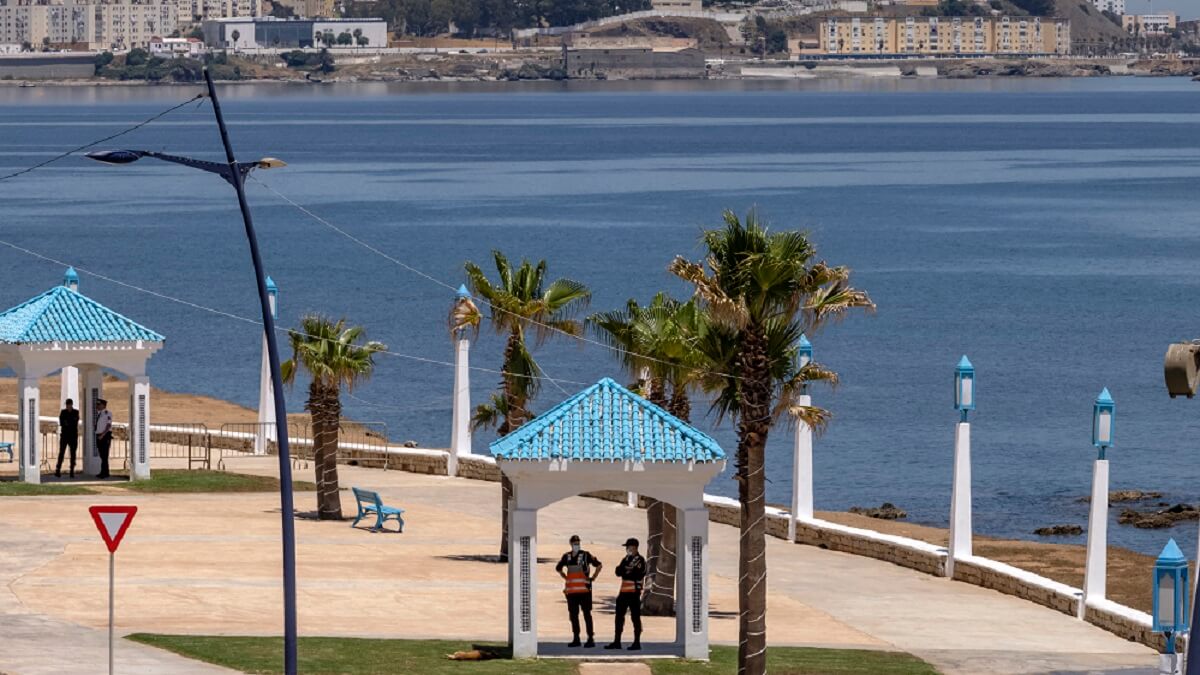
The Moroccan ambassador did not give an exact date for the opening of these commercial crossings, which are economically very important, as business sectors in both nations have pointed out. These commercial customs posts will be opened when Rabat is able to resolve the existing technical problems. These setbacks are hindering the implementation of the agreement signed two years ago with Spain, in accordance with the road map planned between the two kingdoms.
The Moroccan ambassador indicated that the movement of goods that led to the emergence of "porters" and the smuggling of livelihoods disappeared with the end of the crisis in diplomatic relations between the two countries, which places a clear responsibility on the two kingdoms to avoid these unacceptable situations in order to "do things in the best possible way, to implement and enforce this decision".
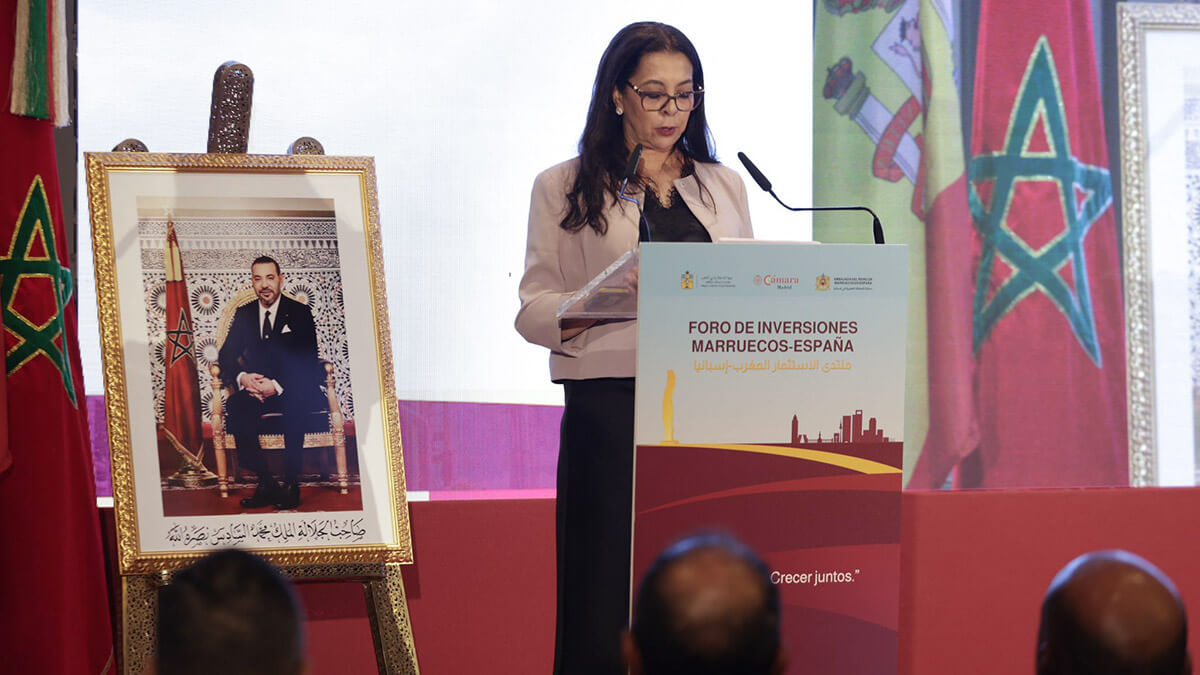
In statements to various Spanish media, such as the Europa Press agency, Karima Benyaich stressed that Rabat respects the road map signed by Madrid and Rabat in 2022, of which the opening of customs was one of the approved provisions.
The reopening of the crossings was one of the main agreements reached in April 2022 between the Spanish and Moroccan governments, following a meeting between Moroccan King Mohammed VI and the President of the Government Pedro Sánchez, but the agreement did not specify a specific date for the opening of customs.
Diplomatic sources told Al-Arab that the working committee tasked with investigating obstacles standing in the way of pilot tests to open the crossings is working effectively as a reflection of ongoing bilateral coordination, and a technical test is expected to be conducted to show the robustness of the technical reforms adopted by the committee.
Both countries have for years shown a willingness to cooperate in depth in all sectors within the excellent dynamics of mutual diplomatic ties, and the vitally important trade and customs issue is also within this dynamic.
In recent months, tests have been carried out to resume customs activity with the passage of hygiene products or oils for industrial use following the work of the joint committee working on customs and trade matters.
In this way, the two countries continue to work in depth to facilitate the movement of people and goods at the customs crossings linking the two nations, with enclaves of great importance such as Ceuta and Melilla.

